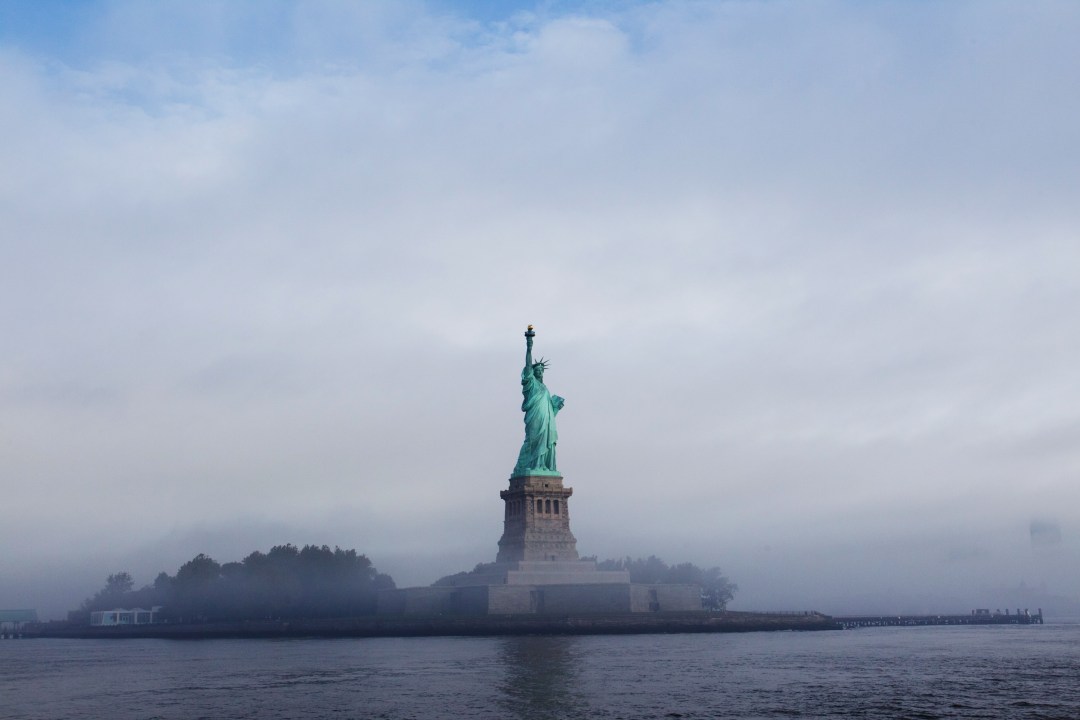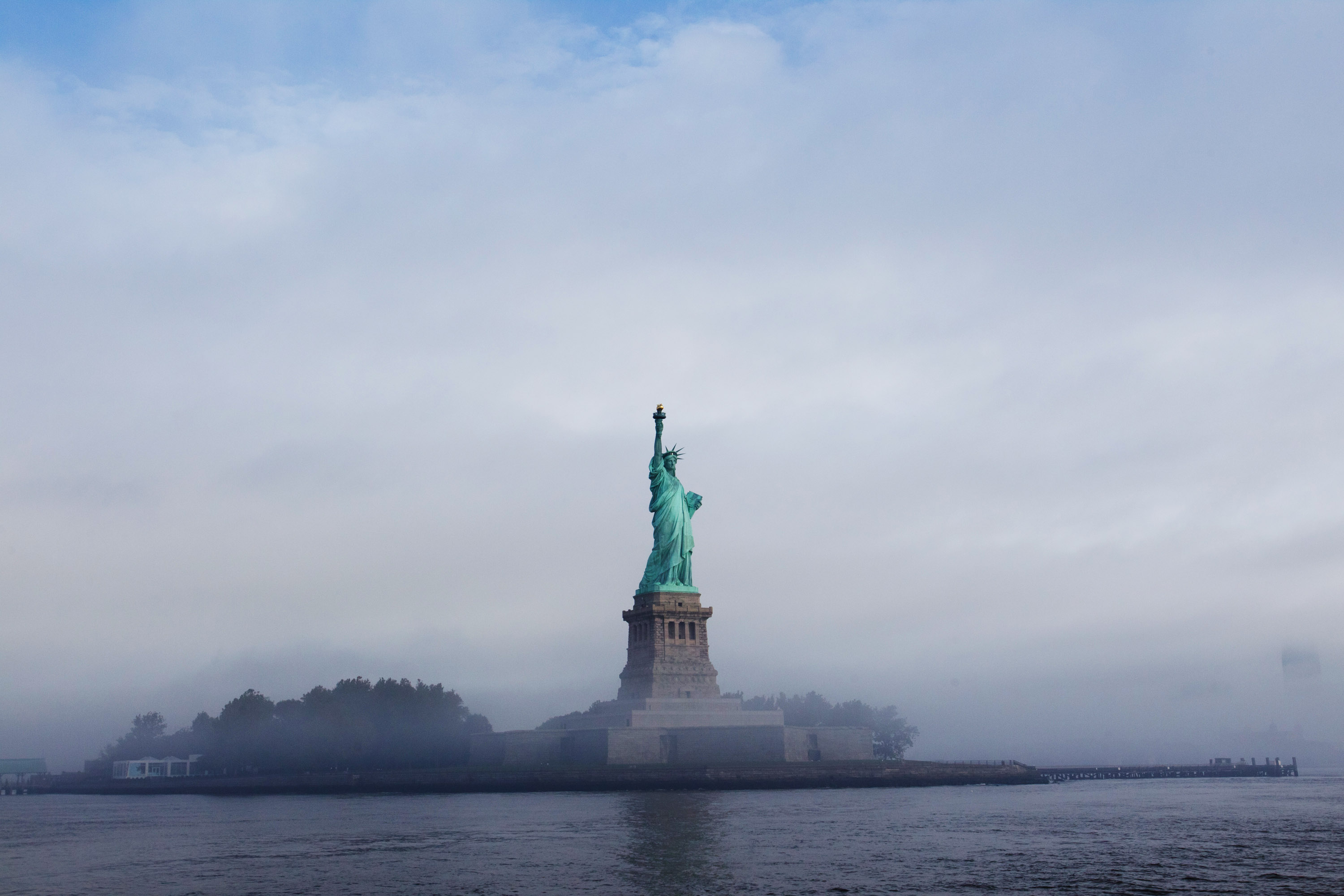I’m writing a column about Mitt Romney for tomorrow’s Scotsman so more on him later. Suffice it to say that I thought his speech less impressive than it had to be but that, by the end of the evening, I was more impressed with and by Mitt the Man than I’ve been previously. This was because of the Mormons. Magic underpants and Missouri and all the rest of it be damned, Mitt should talk about his religion more. He may be reluctant to do so and that speaks well of him but this is an election and Mormonism is about the only thing discovered thus far that transforms Romney from battery-powered robot to actual flesh and blood.
Be that as it may, I’ve also written a piece for Foreign Policy about another trope on full, flag-sized, display this week: American exceptionalism.
[A]ssailed by the prospect of becoming, according to the Republican critique of Obama’s administration, more like Europe on the one hand and spooked by the (unavoidable) rise of China on the other, this Republican convention seems steeped in distress. How did it come to this? What caused this crisis in American exceptionalism? What happened to American swagger? Whence this fretfulness? Most of all, perhaps, where is this generation’s new frontier to be found?
Neither political party has a plausible or stirring answer to that question. When George W. Bush suggested in 2004 a manned mission to Mars, the proposal was mocked to death. Rightly so, perhaps, because it was a ploy smacking of desperation and, what’s more, one designed to distract attention from troubling events and setbacks elsewhere.
Recall that, in the Republican millennial primary, Bush had run against John McCain’s “national greatness conservatism.” Bush promised a humble foreign policy and, in general, a modest domestic presidency too. And back then, William Kristol, David Brooks, and other (genuine) neoconservatives considered this a depressingly small vision.
One day in September changed that. Suddenly, America discovered a bigger, grander purpose. The eagle would rise from and soar above the still smoldering ruins of the World Trade Center. A fresh battle was joined, and all countries were to choose their side — with us or against us, but no messy middle ground.
Real life proved more complicated. National greatness conservatism had its cause but lacked the means or even, sometimes, the desire to see its mission through. It had a short half-life too; even before Bush won reelection, it was on the wane, pinned down in the Hindu Kush and bogged down in the sands of Mesopotamia.
Even so, Bush’s second inauguration speech was a manifesto for global liberation so sweeping and fanciful that his own State Department quietly backed away from its promises, retreating to a quieter, more nuanced appraisal of the compromises even hegemons must sometimes accept. But as the wars in Iraq and Afghanistan dragged on, a chorus of voices began quietly asking a pair of terrible questions: Is this it? Was it worth it? American foreign policy gave off the stench of failure.
Today, the more a party talks about American exceptionalism, the more one suspects it fears for the future. It reeks of fear — not strength — and like most such boastfulness seems designed to camouflage insecurity. But, after a decade of grinding, attritional warfare in which there’ve been precious few clear-cut victories and with the aftershocks of a calamitous financial crisis still felt, how could it be otherwise? (Never mind that the economic whirlwind was, at least in part, the consequence of American hubris.)
[…] Despite protestations to the contrary from the likes of McCain this week, these are not unusually dangerous times — rising prosperity in other continents is evidence that the American-led world order did its job. Wasn’t part of the enterprise to promote and support the success of American-style capitalism abroad? The American model is unique in its specifics; its general thrust or principles really are more universally useful. Relative decline is not always a bad thing, not least because, for example, the closer China is lashed to global markets, the closer the country is tied to American interests. Chinese prosperity is more of a promise than a threat. In any case, even were this not the case, the American eclipse is still some decades distant.
Whole thing, like, is here. Ninevah and Tyre get a mention too.








Comments